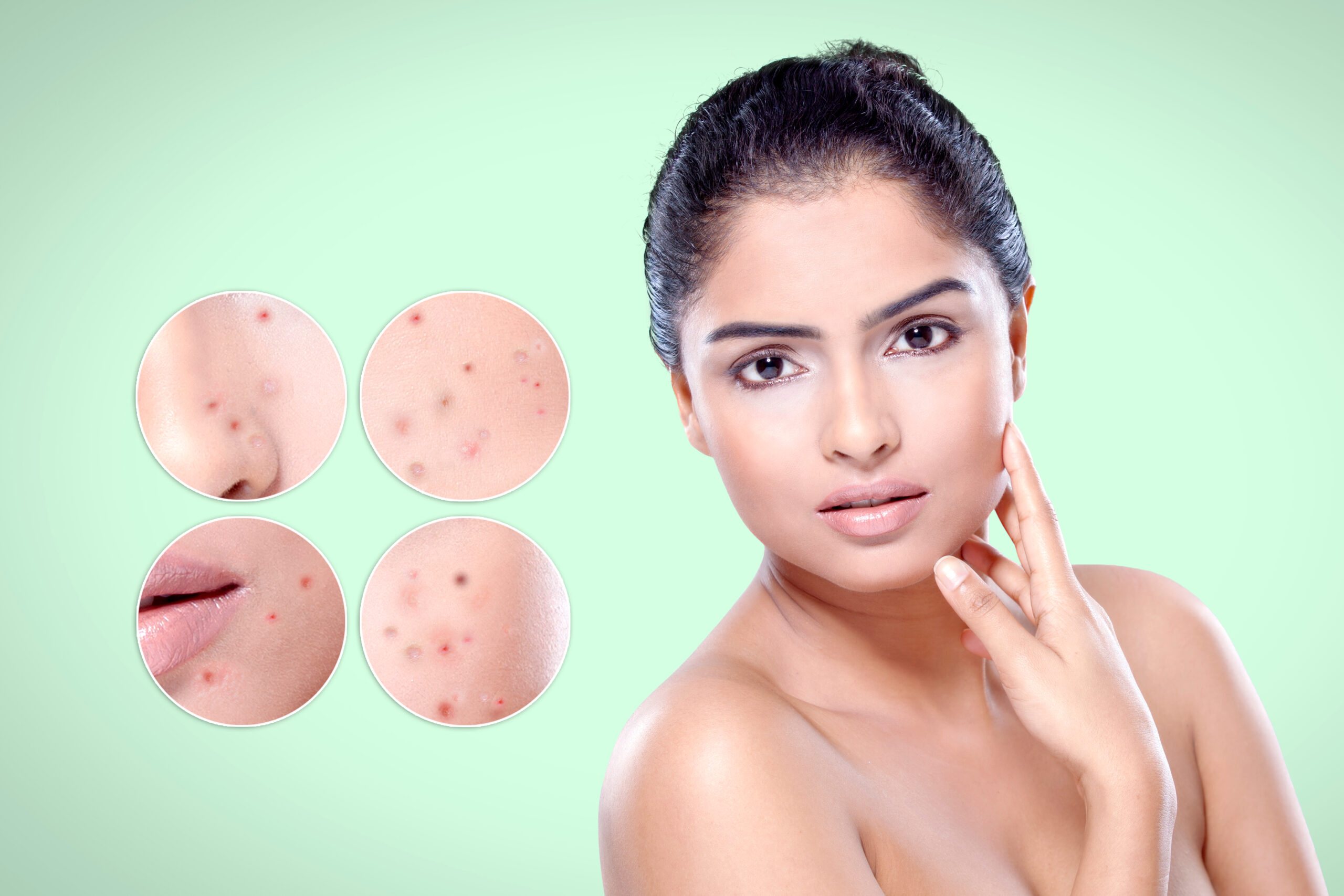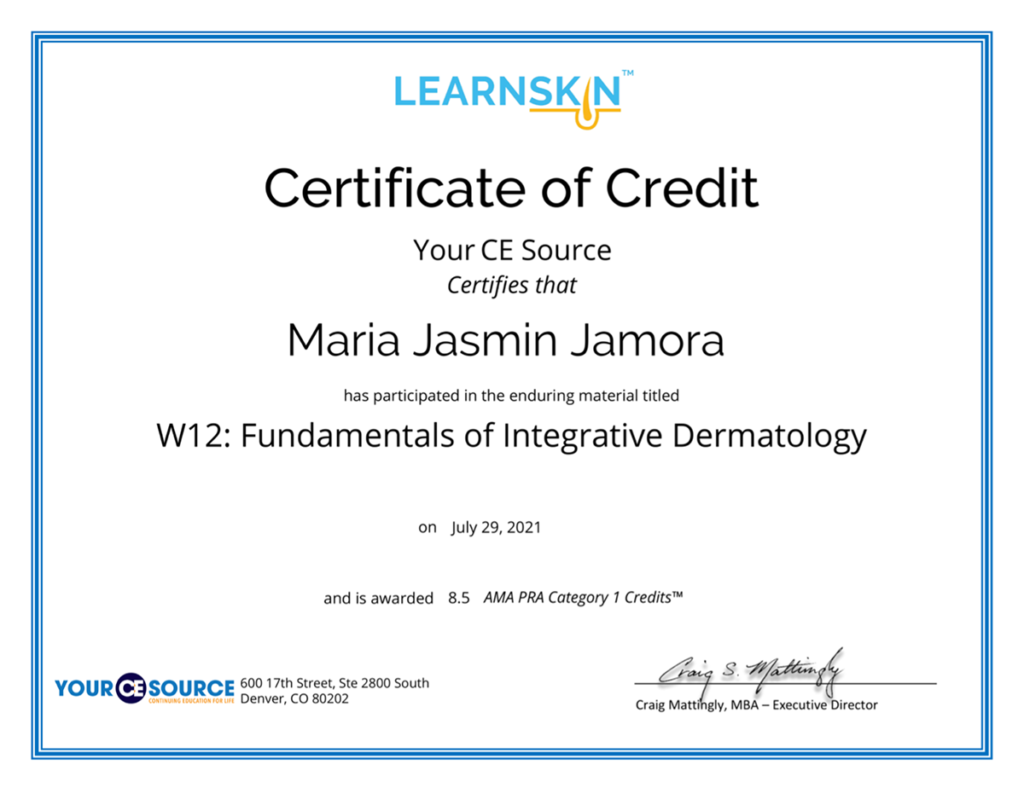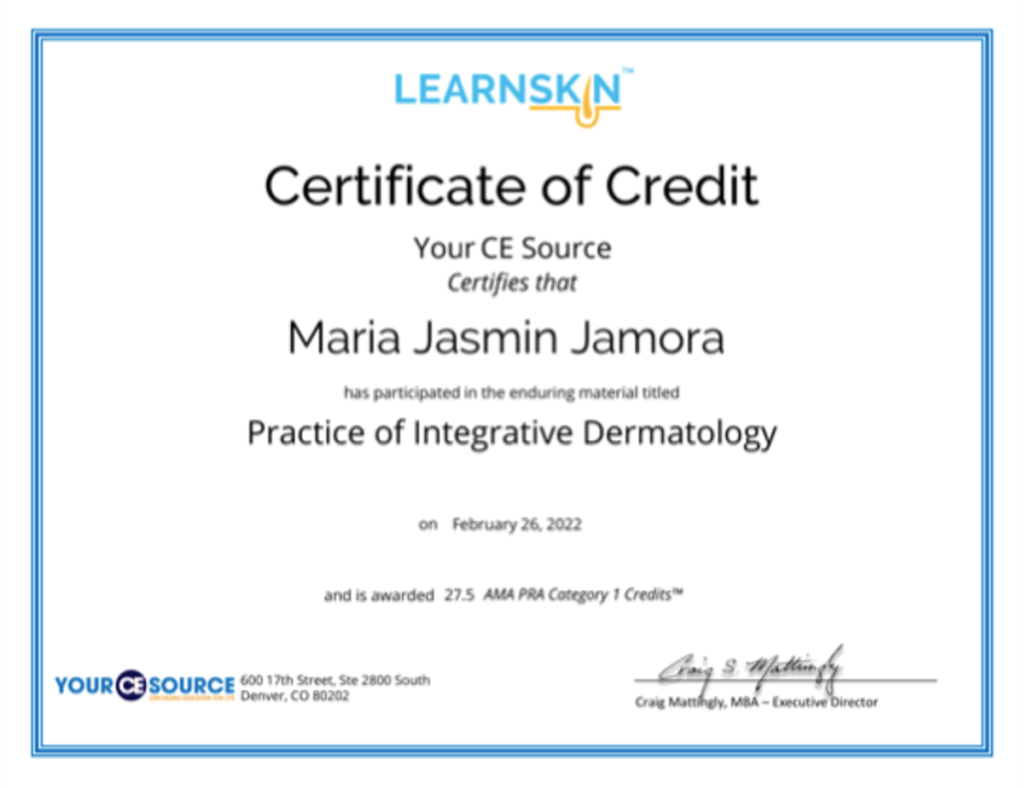
The integrative approach to dermatology is of great to interest to both patients and clinicians, especially since the skin (like the gut) quickly reflects stress-related ailments and systemic inflammation. The integrative approach to skin and hair combines both conventional and alternative options with well established medical treatments. The dermatologist must understand how nutrition, dietary intake and supplements impact and possibly treat skin conditions. There is an undeniable relationship between gut and skin microbiome, the gut-skin-immune and endocrine system axis, and the importance of modifying lifestyle factors to prevent and treat inflammation as we seek to manage our patients in a more holistic manner. Likewise, patients are becoming more discerning and seek approaches other than traditional Western medical options.
Herbal remedies and botanical medicine, as well as mind-body interventions are being actively studied to increase the evidence base for these treatments for chronic skin diseases like psoriasis, acne, rosacea, hair loss and atopic eczema. Whole system approaches such as Ayurvedic and Traditional Chinese Medicine have much to offer and a long history of treating atopic dermatitis and other chronic skin disorders which dermatologist should also explore. Dr Norman and colleagues (2014) stated that “Integrative dermatology is as much a philosophy as it is a method; it looks to reverse causal factors rather than just stop symptoms. The truest nature of integrative dermatology is to approach the patient with a more all-encompassing holistic and more diverse worldview than is available or offered in modern Western practice.”
One of the key concepts of integrative medicine is making a correct diagnosis (taking a careful look at history as much as physical exam and other laboratory findings), approaching the patient as a whole being and seeking to customize treatment according to a patient’s unique need , then responding with a comprehensive treatment and healing strategy that integrates alternative with traditional modalities to achieve optimal and synergistic results. Another key factor is the incorporation of education on disease prevention to avert early skin conditions as preferable to cure of disease. Another key integrative concept is the emphasis on collaboration with practitioners of nutrition, Ayurvedic and traditional Chinese medicine, mind body and other movement and healing modalities. Options like cognitive behavioral therapy, mindfulness and spiritual practices may be discussed to help our patients optimize their health and wellness.
Dr Jasmin Jamora is a certified practitioner of Integrative Dermatology. She finished her certifying course with the Integrative Dermatology Certification Program of LearnSkin, USA. She is a also a certified dermatopathologist, and has expertise in immunodermatology and dermoscopy. She is excited to share with patients her knowledge, expertise and experience with effective standard dermatologic approaches and combine this with new integrative approaches to benefit them and achieve optimal outcomes for their skin, hair and nail concerns.


© Jamora Skin Clinc 2025